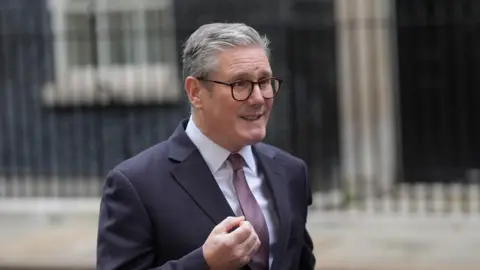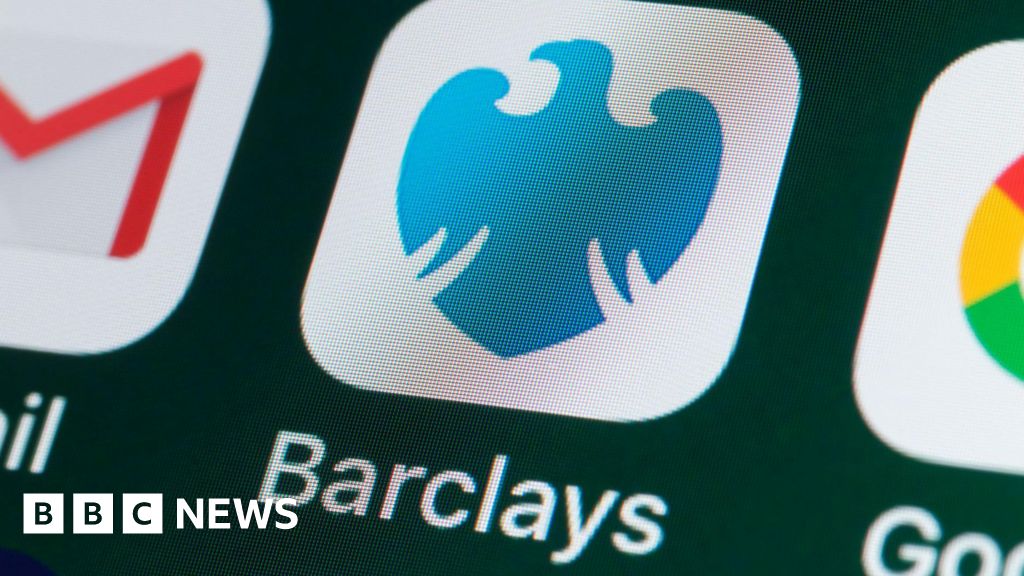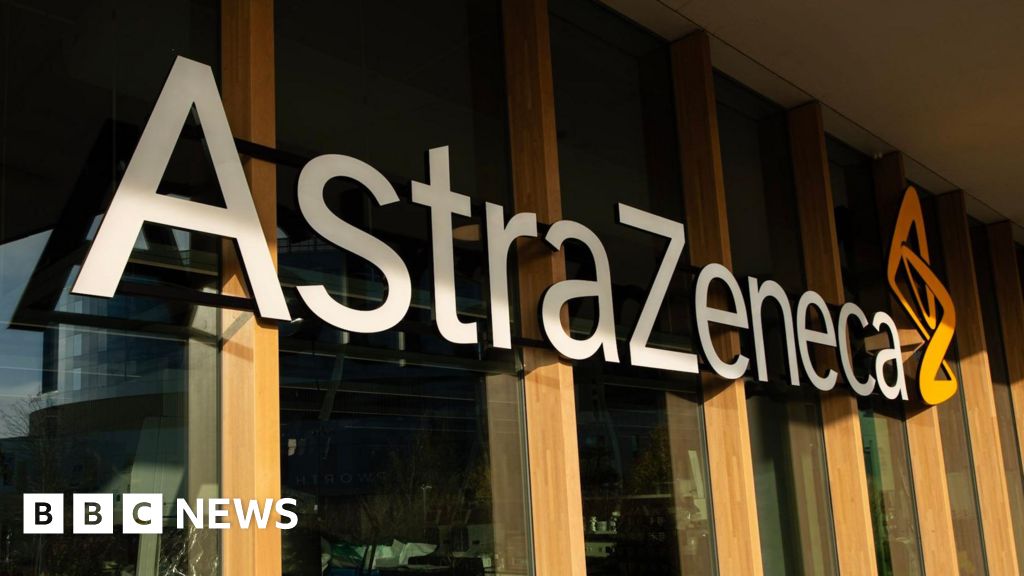
 PA Media
PA Media
Sir Keir Starmer has not ruled out a National Insurance increase for employers in the Budget, in a BBC Breakfast interview.
The prime minister side-stepped questions whether Labour’s manifesto promise not to raise taxes for "working people" covered employers' National Insurance (NI).
The Labour Party's 2024 manifesto rules out raising National Insurance, income tax and VAT.
Speaking in Downing Street, Sir Keir said this month's Budget was "going to be tough" but would "focus on rebuilding our country".
Sir Keir said Labour had been "very clear in the manifesto that we wouldn't be increasing tax on working people".
He added: "It wasn't just the manifesto, we said it repeatedly in the campaign and we intend to keep the promises that we made in our manifesto."
Employers currently pay NI at a rate of 13.8% on all employees' earnings above £175 per week.
NI rates also apply to employees, who start paying when they turn 16 and earn more than £242 a week, or have profits of more than £12,570 a year.
It is not paid by people over the state pension age, even if they are working.
Speculation has been growing that the rate of NI paid by employers could go up next month to fill a £22bn "black hole" Labour says it has found in the nation's finances.
The prime minister is adamant that he will not be drawn on budget speculation in advance of the formal announcement in just over a fortnight.
That is the standard position that governments adopt given these are market-moving measures – and in this particular case the Budget will be the biggest political and economic moment for this government so far.
That being said, it was pretty clear from the prime minister’s interview with Breakfast that the rate of National Insurance for employers is going to rise.
In communication terms, Downing Street knows that a hare is running – they have the option of ruling increasing employer NI out, and by not doing so, they know that people will assume it is going to happen.
A similar dance has taken place on the possibility of Chancellor Rachel Reeves altering the fiscal rules – the government’s own rules about how much money it can borrow and in what circumstances.
There will be a row about whether this is consistent with Labour’s manifesto or not. Either side of that argument has a reasonable case, and so there is a question for the government about trust.
But the more important question is what a national insurance increase for employers would mean for the economy, especially at the same time as the government is trying to make the UK a better environment for business investment.
On Monday, Rachel Reeves said Labour's election pledge not to increase NI on "working people" related to the employee element, as opposed to the sum paid by employers.
Treasury officials are reportedly exploring national insurance on employer pension contributions to raise budget revenue.
Introducing national insurance at the full 13.8% rate on employer pension contributions could raise as much as £17bn a year for the exchequer according to the Institute for Fiscal Studies (IFS).
In addition to the signals on NI, on Tuesday the government released £68m to prepare brownfield land for new housing.
Sir Keir told the BBC the money would go towards "housing for all parts of the country".
The government has committed to 1.5 million homes over the next five years by reforming the housebuilding system.
The new money follows the government's announcement of securing £550m for housebuilding from three investment funds: Schroders, Man Group, and Resonance, during its investment summit on Monday.
"We've said as a government we're going to fix the foundations, rebuild our country and expressly saying now is the time to back us," Sir Keir said.

 Movie
Movie 3 months ago
64
3 months ago
64 




![Presidents Day Weekend Car Sales [2021 Edition] Presidents Day Weekend Car Sales [2021 Edition]](https://www.findthebestcarprice.com/wp-content/uploads/Presidents-Day-Weekend-car-sales.jpg)



 English (United States)
English (United States)